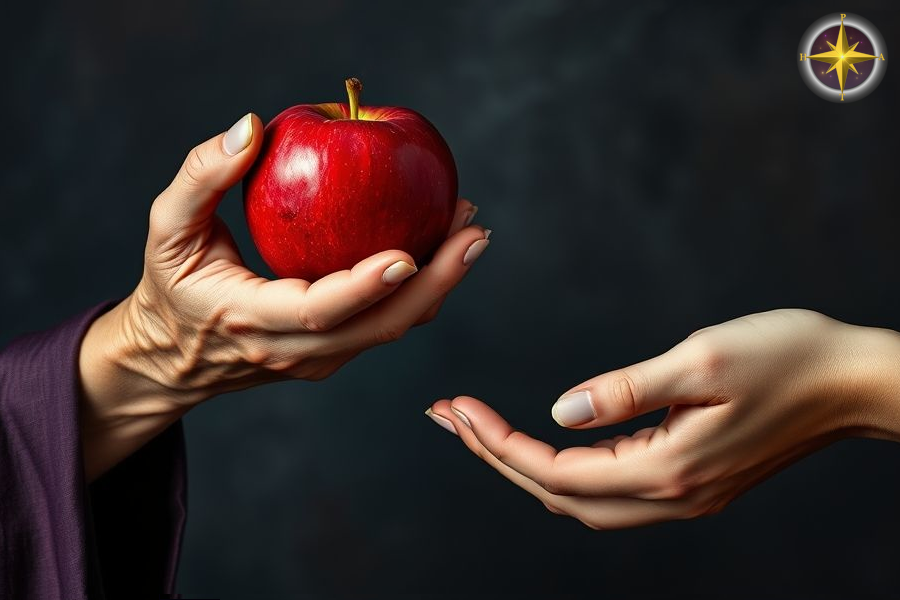The Poison Apple of Modern Finance
In fairy tales, the poison apple is irresistible: shiny, sweet, and offered with a smile. But once bitten, it steals time, freedom, and clarity. That’s how I see high-interest consumer debt: especially credit cards and buy-now-pay-later schemes. They offer instant gratification without the sting of parting with cash. But the cost? It’s steep, hidden, and often long-lasting.
In the UK, the average credit card APR is now 36.32%. That means a £1,000 balance could cost you over £360 a year in interest alone—without touching the principal. And with the average credit card debt per household nearing £2,486 (and total debt is £34,811 according to UK insolvency services), many are unknowingly trading future peace for present pleasure.
Here’s why this kind of debt is so dangerous:
- You don’t feel the pain of spending. With credit, you’re not handing over money; you’re just renting it. That psychological distance makes it easier to overspend, often by double!
- You pay a premium. Retailers often embed financing costs into product prices, especially with “0% interest” offers. You’re not just buying the item; you are buying the illusion of affordability.
- You erode future cash flow. Every repayment is a slice of tomorrow’s income. Over time, this can choke your ability to save, invest, or even cover essentials.
And here’s the kicker: debt makes you feel temporarily wealthier while quietly draining your long-term wealth. It’s a financial illusion: one that’s especially seductive for younger or less experienced consumers navigating adulthood and social pressure.
So what’s the antidote?
- Awareness. Know the true cost of borrowing. Read the fine print. Ask yourself: “Would I still buy this if I had to pay the total cost in cash today?”
- Boundaries. Use credit cards only when necessary; and pay them off in full. If you refinance or consolidate your debt, cut up the cards and reset your cash flow habits or they will just accumulate again.
- Protection. Build an emergency fund combined with insurance to shield against financial shocks. And don’t fall for the myth of “free money”—even low-interest debt must be repaid.
And most importantly: don’t compare your journey to others! You don’t know if they are thriving or drowning in debt. Stay focused on your own PATH, your own progress, and your own peace.
Because in the end, true wealth isn’t about what you can buy: it’s about what you can keep. And the sweetest fruit is the one you grow yourself, not the one handed to you by a smiling stranger ‘for free.’
Disclaimer: This article if for educational purposes only and is not personal financial advice.


Yo, gold99login…not bad, not bad at all! Found it easily and the site’s design is good. Easy to login. Has potential for time investment, to be honest. Check it out yourself at gold99login.